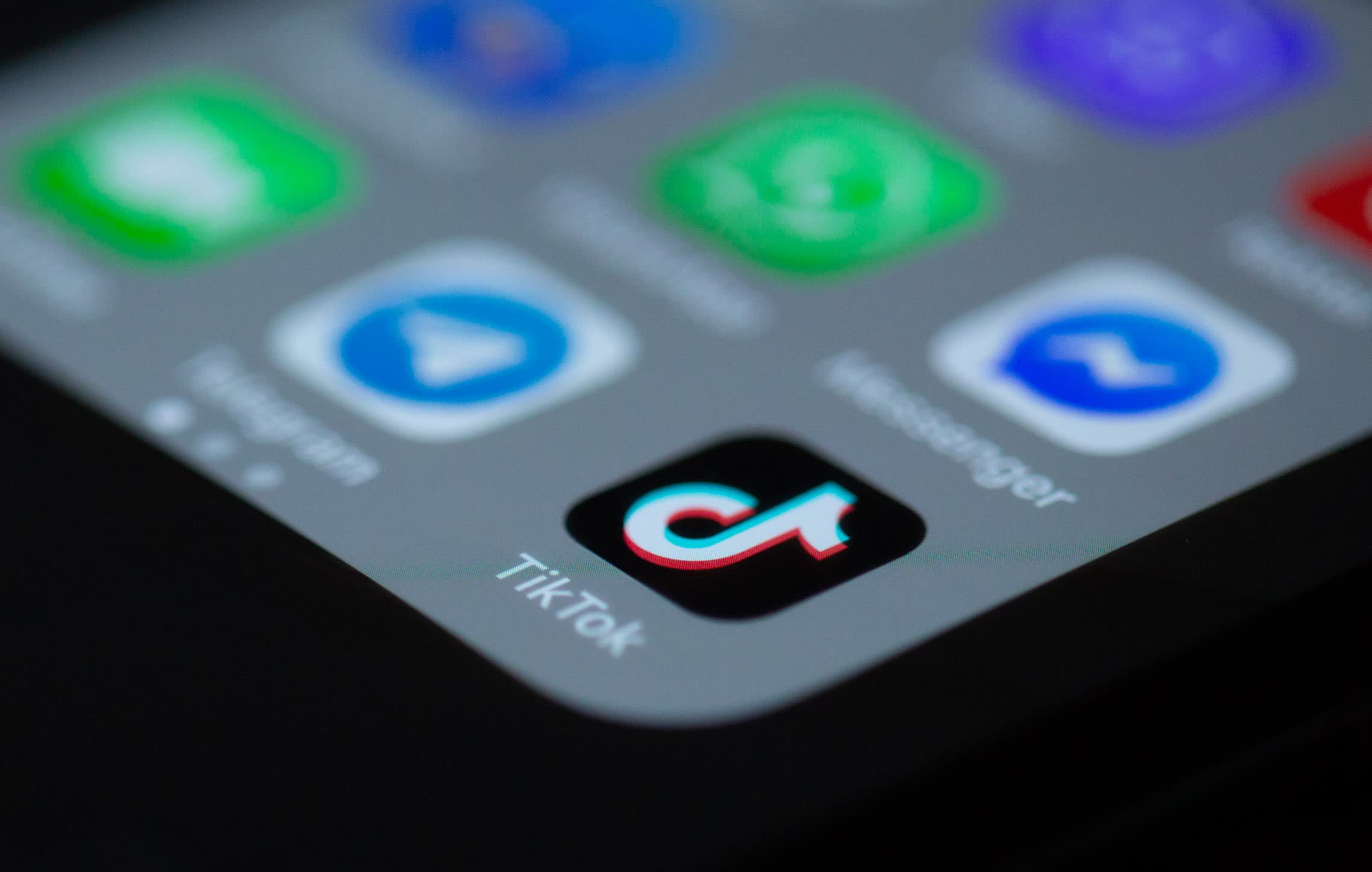In brief: TikTok has denied a report that it is working on a clone of its recommendation algorithm. The copied code could enable the creation of a version of the app that would be allowed in the US by operating independently of Chinese owner ByteDance.
Work on splitting TikTok's source code was ordered by ByteDance last year, writes Reuters, before the bill was introduced that will force TikTok to sell its US operations or be banned in the country.
Reuters' anonymous sources say splitting the code could lay the groundwork for a divestiture of TikTok's US assets.
Earlier this month, TikTok and ByteDance sued the US government to stop the bill, which was passed in April, arguing that it is unconstitutional and violates free speech rights.
TikTok said in the suit that the bill would force a shutdown of the app in the US, as the requirement to divest TikTok to avoid a nationwide ban is not commercially, legally, or technically possible. The company said this is partly because it would lead to the app operating in isolation from the rest of the world – most of TikTok's one billion users are outside of the US.
Also confirmed in the lawsuit were the previous reports that ByteDance would not sell TikTok without its recommendation algorithm, which China added to an export control list in 2020 after then-President Donald Trump tried to force a sale.
TikTok has denied the Reuters story in a post on X, calling it misleading and factually inaccurate, without going into further detail. It reiterated that the qualified divestiture demanded by the Act was not commercially, technologically, or legally possible, and certainly not within the 270-day timeline required; a sale must take place by January 19, 2025, or TikTok will be banned.
The Reuters story published today is misleading and factually inaccurate. As we said in our court filing, the 'qualified divestiture' demanded by the Act to allow TikTok to continue operating in the United States is simply not possible: not commercially, not technologically, not…
– TikTok Policy (@TikTokPolicy) May 30, 2024
"We stand by our reporting," a Reuters spokesperson said.
The sources also added that hundreds of ByteDance and TikTok engineers have been sifting through the app's algorithm over the last few months to create a separate code base that is independent of systems used by ByteDance's Chinese version of TikTok, Douyin. Any information that links to Chinese users is also being removed.
The sources said that work on splitting the TikTok code will take a year to complete. As work reportedly started in 2023, that means the clone could be ready before the sale deadline – TikTok could use it as a last resort should its lawsuit fail.
With many citing the algorithm as one of the reasons for TikTok's success, the company's management is aware that cutting off China's engineers might mean it doesn't deliver the same level of performance.
